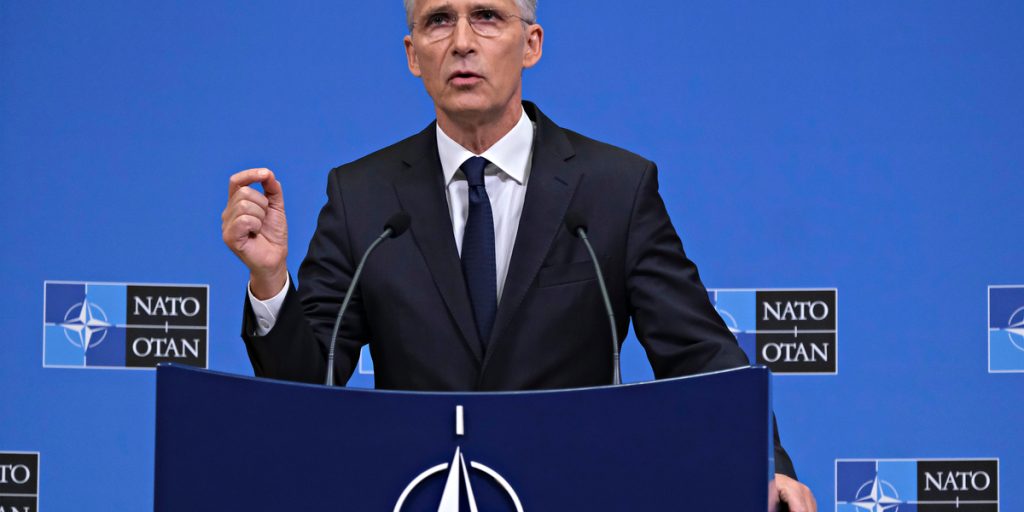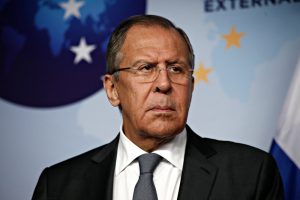EU Cannot Defend Europe Without US Aid.
Others are reading now
NATO Secretary-General Jens Stoltenberg issued a stark warning regarding European security, highlighting the critical role of the United States and other non-EU NATO allies in safeguarding the continent. This statement comes in response to the campaign declarations of Republican presidential candidate Donald Trump, who asserted that NATO countries failing to allocate two percent of their budget to defense should not expect assistance from the US.
In a comment to Reuters, Stoltenberg emphasized the insufficiency of the European Union in defending Europe on its own.
“The European Union cannot defend Europe. Eighty percent of NATO’s defense expenditures come from NATO allies outside the EU,” Stoltenberg informed the news agency.
The “Obvious” Dependency
Also read
Stoltenberg underscored that Europe’s security relies not only on European efforts but also on the contributions of other NATO members, including the USA and Canada.
“If you just look at the map, it’s obvious that all these countries, non-EU allies, are crucial for the protection of Europe,” he stated, adding that any attempts to disconnect Europe from North America would only serve to divide Europe.
Many European nations regard the USA as their primary security guarantor, Stoltenberg highlighted.
Trump’s Controversial Statements
Trump’s remarks that the US may not defend NATO members who fail to contribute adequately to the alliance’s budget drew sharp criticism from Western leaders.
European politicians viewed Trump’s comments as a wake-up call, urging Europe to enhance its defense capabilities.
Billion-Dollar Investments
Stoltenberg called for European NATO members to bolster their defense capacities within a transatlantic framework. He noted that European allies are expected to invest $380 billion in defense this year, potentially reaching the target of allocating 2% of their total GDP to defense by 2024, up from 1.85% in 2023.








